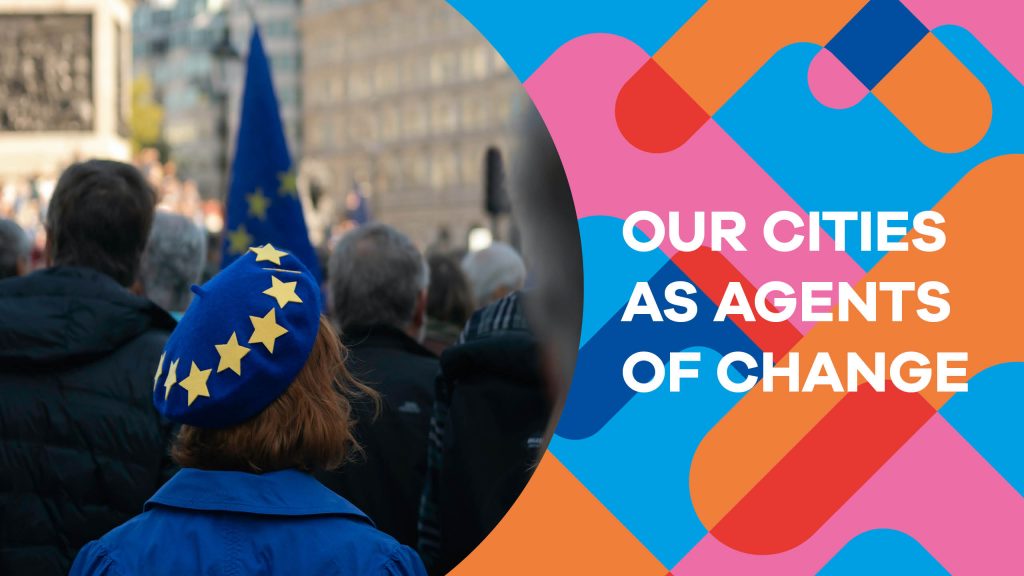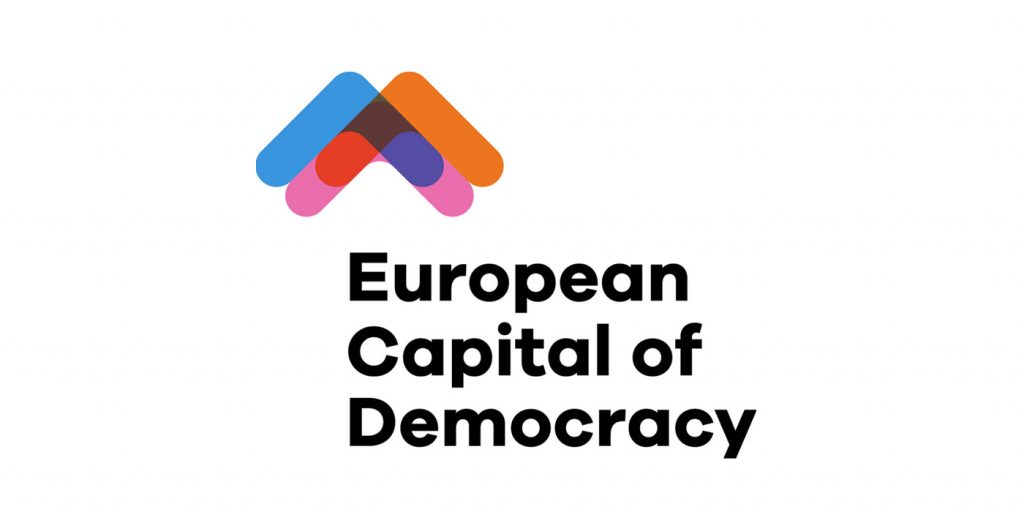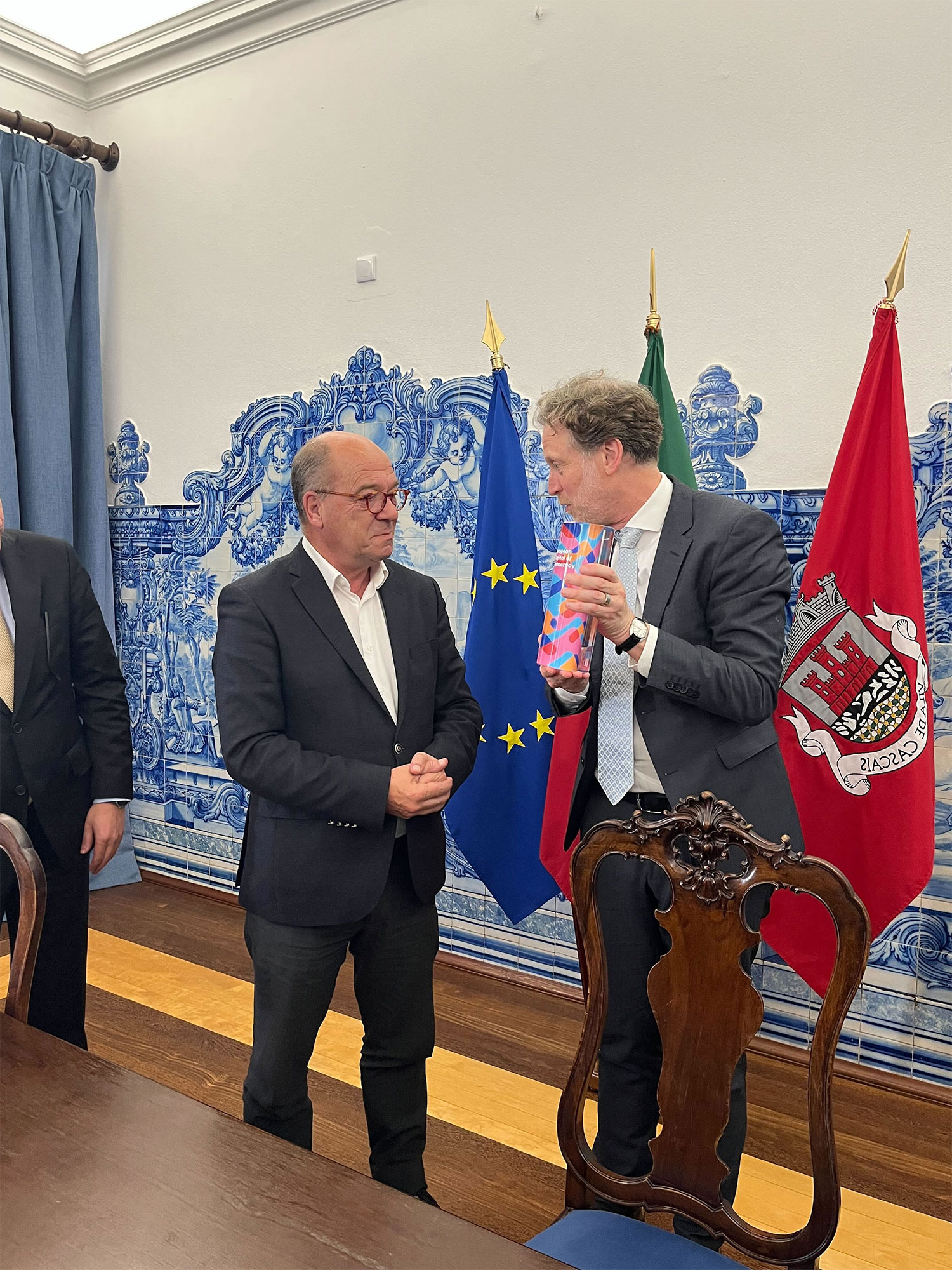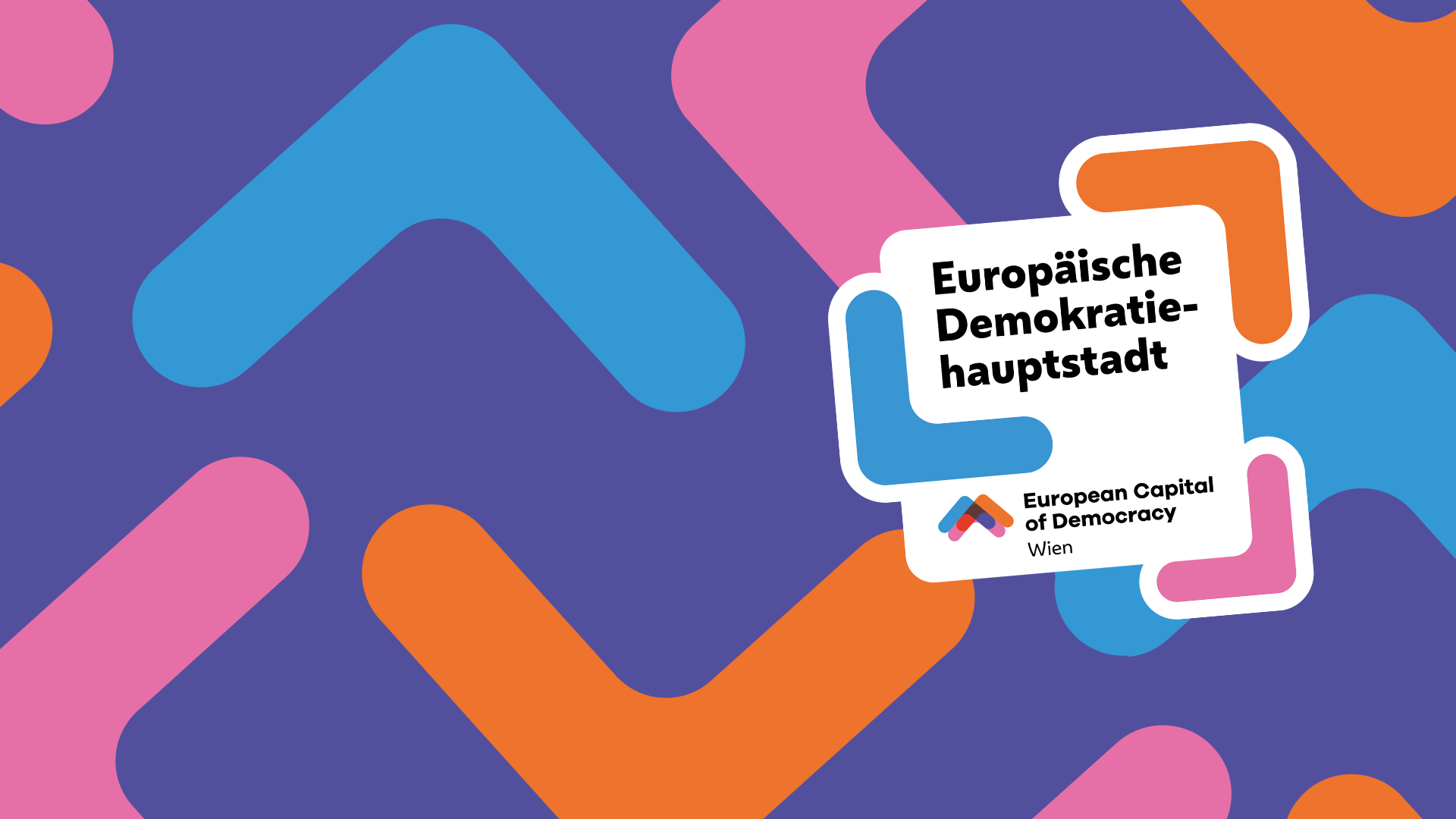What do we think of cities? Do we see them as congested areas where a great variety of people with different socio-economic and cultural backgrounds have different needs, but use the same space to meet them? Are they centres of local political anarchy, gentrification or urban ghettoisation, are they dangerous hot spots for growing Covid-19 infections?
City leaders sometimes find themselves in a defense mode towards national political assaults, urging municipalities to join the national political path and to stop taking unknown innovative measures. However, the Greek polis is the level where democracy was conceptualised and European cities today are paradigmatic think and do tanks of progressive democratic measures, self-confident and sometimes independent from the national political tendencies.
In our last two blog articles, we put the focus on deliberative and participatory democracy as well as on democratic leadership, both being key tools to “democratise democracy” (David van Reybrouk) in our cities. Today’s blog will highlight cities as role models of democratic innovation regarding climate change, social cohesion, local economy, public transport, and last but not least, coping with a pandemic that is concerning us for months and will continue to do so. Cities are the “natural agents of change” with regards to politics and society, as Mayor Kostas Bakoyannis (Athens) said. This is why we are putting European cities in the spotlight of our initiative to create an impact that will grow.
Rafał Trzaskowski: “Even if governments are trampling on the rule of law, cities still uphold democratic values.”
In December 2019, the mayors of the Visegrád Four (Budapest, Bratislava, Warsaw and Prague) launched the initiative “Pact of Free Cities” to create a new network of liberal, pro-European mayors who, among many other goals, promote the direct funding of municipalities. The Pact of Free Cities is only one example of a rising number of networks among cities and city leaders all over Europe pinpointing the problems they all have in common and aiming to jointly work on the best solutions.
What we have observed so far – and especially in the past months of the coronavirus pandemic – is that cities which have been accused of being a safety hazard for the spread of the virus often took immediate action whereas national governments delayed their action plans.
Kostas Bakoyannis: “At the end of the day, it is not about words, it is about deeds.”
It is the cities’ privilege to become aware of the day-to-day problems as city leaders are closer to the people. This results in immediate actions tackling local and sometimes even global problems: there is a growing investment in ecologically friendly public transport available to everybody; in participatory actions for a cleaner and greener city; or in initiatives reactivating the local economy. The second privilege of cities as agents of change is that citizens, regardless of their political attitudes and viewpoints, immediately experience the impact of measures cities take to improve the quality of life. Cities have the chance to bridge different values and if there is disconsent, city leaders are more and more willing to enter into direct dialogue with citizens.
Gergely Karáscony: “If there is a crisis of democracy, the answer is not less democracy, the good answer is always more democracy.”
The European Capital of Democracy initiative collects constructive ideas, brought to the table by cities, local politicians, civil society organisations and citizens from all walks of life. It is about giving food for thought, pooling our strengths and presenting new, tried and tested ideas that actually work. We are coming together to celebrate our principles of democracy, in small cities as well as in big cities.
The American scholar Benjamin Barber said, “Cities are our democratic destiny.” Cities indeed make their own destiny and we are eager to support the path for more democracy, and not less.




